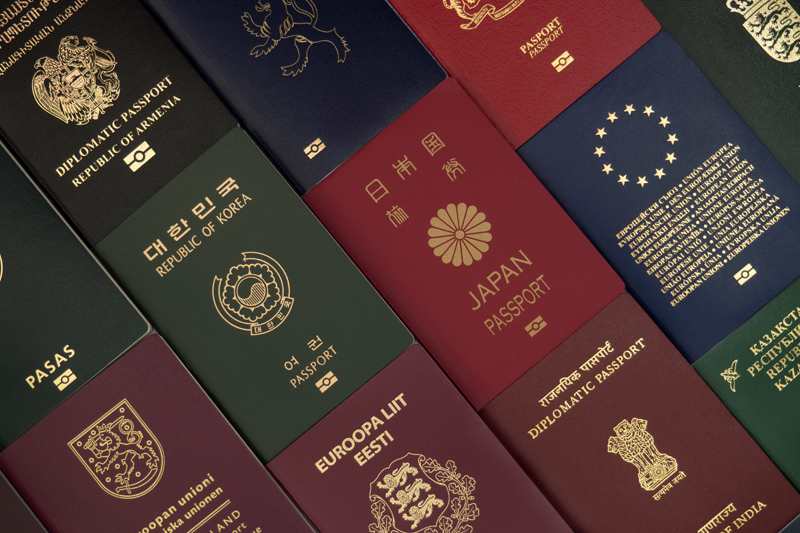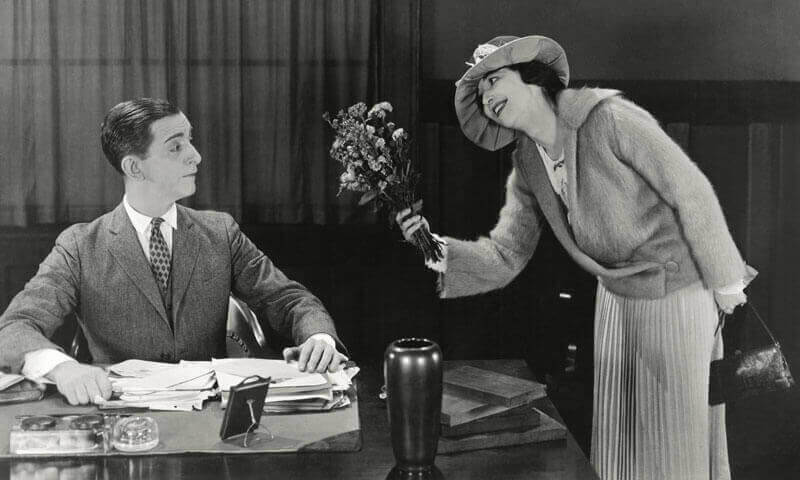A proposal has been presented to the Iowa Supreme Court that would allow graduates of the two law schools in the state to begin practicing law prior to passing the bar exam, according to The Des Moines Register.
Should the proposal pass, it would only be applicable to students who stay in state to practice law. The proposal states that graduates would be required to pass an ethics exam and background checks. They will also be required to take a law and procedure course specific to the state of Iowa. Right now, Wisconsin is the only state to use what is known as the in-state diploma privilege.
The proposal stated that graduates can accrue $29,000 in debt between the time of graduation and when they learn the results of their bar exam. There is a gap of more than four months between the time they take the test and the time they find out the results. Most graduates acquire loans to handle this gap. The two law schools in the state are University of Iowa and Drake University Law School.
Average debt for a graduate from Drake is roughly $106,300 and average debt for a graduate of University of Iowa’s law school is $95,574, according to data from the American Bar Association.
“For most students, it really is just wasted time because they’re not able to practice, they aren’t able to get out and start earning money to pay off those student debts,” said Allan Vestal, Drake law school dean. “In a lot of cases, they’re still borrowing money to be able to live.”
The proposal noted that from 2008 to 2013, only 6.8 percent of the 996 law school graduates in the state did not pass the bar exam on the first try. From that same group, 62 percent passed the bar exam on the second try in another state.
“What this proposal really does, at its core, is put more power back into the hands of the Iowa Supreme Court as opposed to some third-party testing service, so that the (court) decides what are the courses that a law student must successfully complete that would make that law student a competent lawyer in Iowa,” Guy Cook said. Cook is the president of the Iowa State Bar Association.
A spokesperson for the judicial branch, Steve Davis, said that the proposal will be considered by the Iowa Supreme Court Justices in the summer months. This is when they usually handle administrative issues.
Both schools noted that the proposal is not an effort to increase enrollment.















































